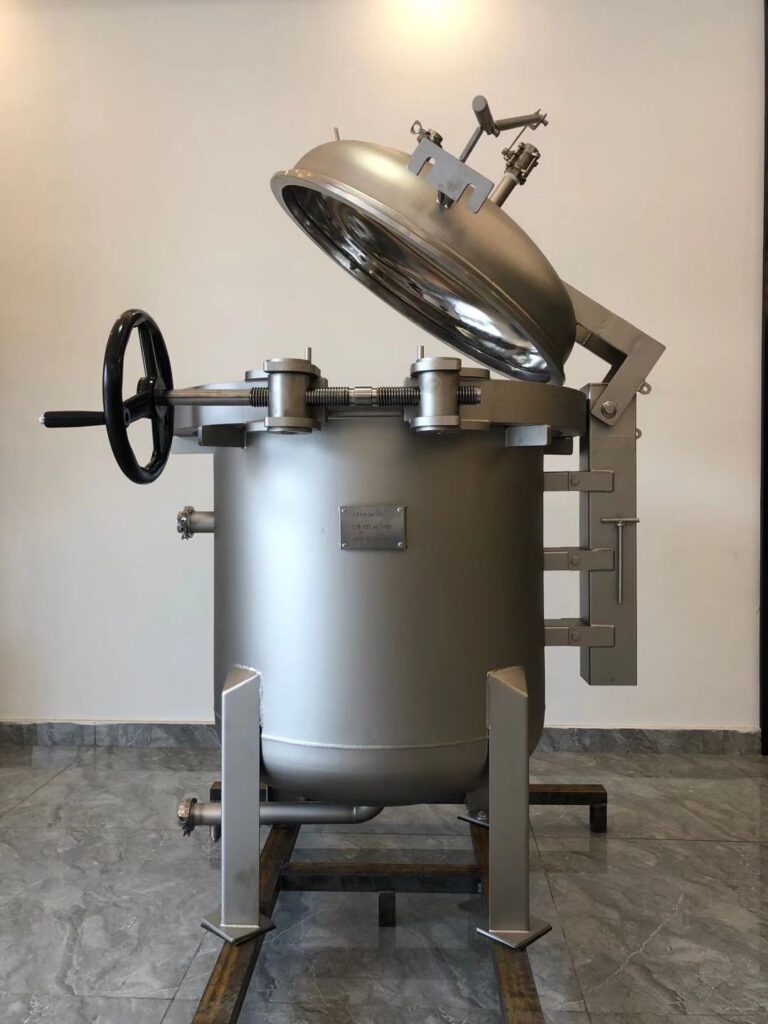Liquid filtration systems play a crucial role in a wide range of industries, from pharmaceuticals to food and beverage production. These systems are designed to remove impurities and contaminants from liquids, ensuring that they meet the necessary quality and safety standards. However, to maintain the efficiency and effectiveness of these systems, proper maintenance is essential.
- Regular maintenance
- Proper maintenance
- Filter media/bag changes at the recommended intervals
- cleaning and sanitizing the system regularly
- address any issues as soon as they arise
- Regular monitoring and testing of the liquid
Regular maintenance is critical to ensure a liquid filtration system’s long-term reliability and optimal performance. Neglecting maintenance can reduce filtration capacity, increase energy consumption, and even system failure. Proper maintenance can help to prevent these issues, ensuring that the system functions as intended and meets the required standards.
The first step in the proper maintenance of liquid filtration systems is to establish a maintenance schedule. This schedule should be based on the manufacturer’s recommendations and take into account factors such as the type of filtration media used, the volume of liquid processed, and the quality of the incoming liquid. Regular inspections should also be performed to identify any issues early and prevent them from becoming more severe.
One essential aspect of maintenance is to ensure that the filtration media/bag is changed at the recommended intervals. Over time, filter media can become clogged with contaminants, reducing filtration capacity and increasing energy consumption. Changing the filter media at the recommended intervals ensures that the system operates at peak efficiency.
Another critical aspect of maintenance is cleaning and sanitizing the system regularly. This is especially important in applications where the filtered liquid comes into contact with food or pharmaceutical products. Failure to clean and sanitize the system can result in product contamination and pose a risk to consumer safety.
In addition to regular maintenance, it is essential to address any issues as soon as they arise. For example, if a filter bag becomes damaged, it should be replaced immediately to prevent contaminants from bypassing the filtration system. Regular monitoring and testing of the liquid can also help identify any early issues and prevent product quality issues.
Proper maintenance of liquid filtration systems offers several benefits, including improved product quality, increased energy efficiency, and extended equipment life. It can also help to reduce maintenance costs and downtime associated with system failure. By investing in proper maintenance, businesses can ensure that their liquid filtration systems operate at peak efficiency and continue to meet the necessary quality and safety standards.

